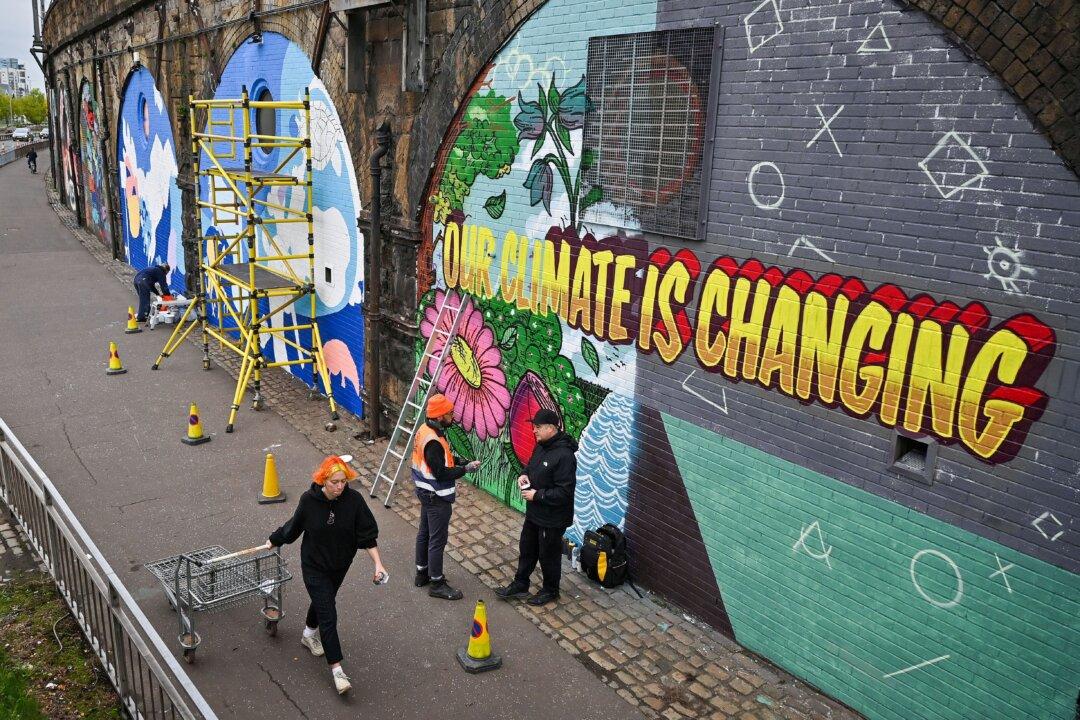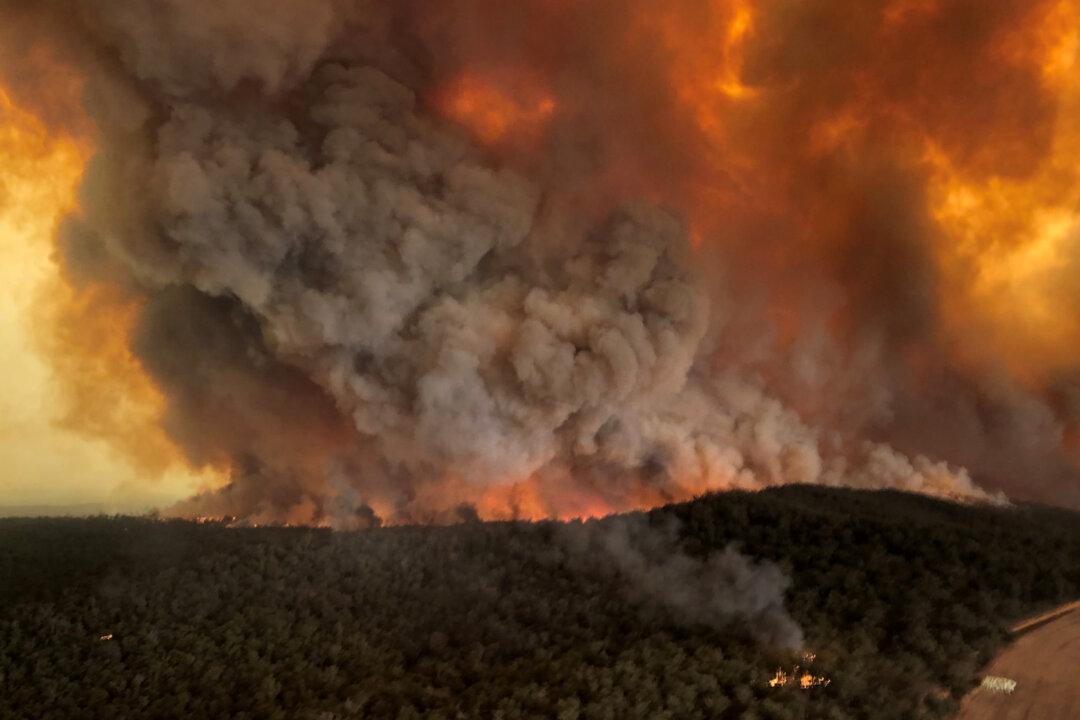Commentary
City of Ottawa politicians have done us all a great favour with their climate change plan. It is not that, at 0.014 percent of world emissions, anything Ottawa does will make any difference to world climate, of course. It is that, by enabling a plan forecast to cost over $57 billion, Ottawa has set itself up to be a cautionary tale of what inevitably happens when fiscal policy and hard-nosed science and engineering are subordinated to ideology and special-interest pressure politics.





